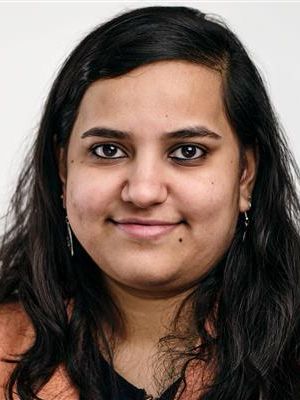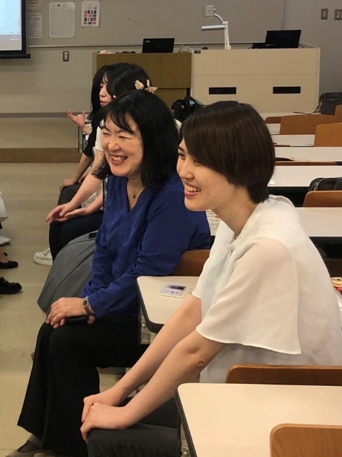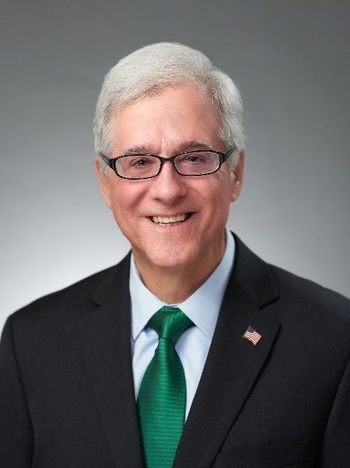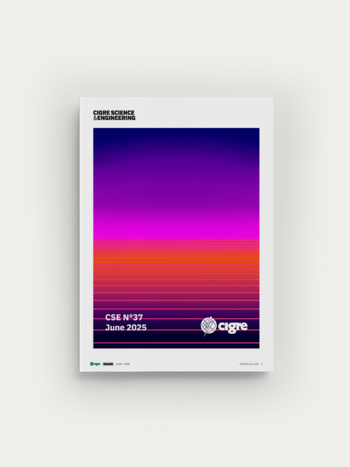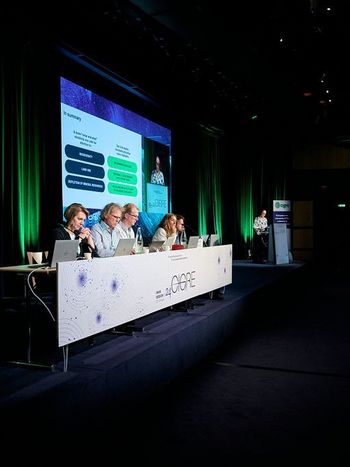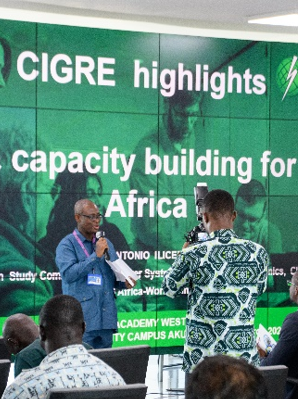CIGRE NGN: Discussion with Saravanan Balamurugan
CIGRE would like to introduce a new section in Life of the Association: Interviews from Women in Engineering and Next Generation Network. A lot of focus is given to senior CIGRE members and these interviews will present younger members and let them explain what CIGRE means to them. These Q&A interviews are short but allow us to have a new, younger perspective on CIGRE membership; they tell us what interests them in their work, as well as what their projects and goals are. These are the voices of our industry’s future. Please share with young people on your teams and encourage their membership in CIGRE!
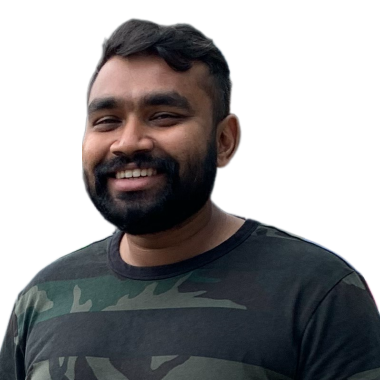
CIGRE NGN India
DEGREE, GRADUATION YEAR, YEARS IN INDUSTRY: PhD (Pursuing) with 9 years of experience
CURRENT POSITION: CEO at Minaatral Power Systems, Chennai, India
CIGRE WG: Joint Working Group A2/D2.65
What lead you to your present career or job?
Saravanan: My journey into power systems engineering began in childhood, guided by my father, a Relay and Meter Testing Engineer. During my early years, I had the unique opportunity to explore substation control rooms and power plants; environments that most children rarely encounter. These experiences, far from being mere field trips, were foundational in shaping my understanding and passion for electrical systems. A childhood memory that stands out is using a ferrule printing machine in my father's office to print my name, showing it off at school.
My father's mentorship extended beyond casual exposure. During my high school summer breaks, he took the time to teach me relay panel schematics design and the fundamentals of substation equipment. This hands-on education continued through informal internships at site, during my school and college years, providing me with invaluable practical experience that complemented my academic studies. My father's influence continued through my early career, as he recommended valuable courses and training programs that accelerated my professional development.
Today, seven years into running my own power systems consulting business, I specialize in protection systems design, analysis, and commissioning. It's a role that combines my lifelong passion with entrepreneurial drive.
My journey showcases the impact of early exposure and mentorship on career choices. As I continue to develop professionally and mentor others in this field, I strive to pass on not just technical knowledge, but also the passion and dedication instilled in me from those early experiences in power plant control rooms.
What are you working on now that would interest ELECTRA readers?
S.: My current work, part of my doctoral research, focuses on developing Digital Twins for Transformers and Energy Systems, with an emphasis on deep learning AI models.
Digital Twins are virtual replicas of physical systems, connected to real-time data. These sophisticated models provide invaluable insights to various power industry stakeholders including manufacturers, operators, and maintenance teams. The potential applications are vast and exciting such as predictive maintenance, operational optimization, and lifetime prediction.
What sets our approach apart is the fusion of physics-based models with data-driven models. This hybrid methodology allows us to leverage both theoretical understanding and real-world data, resulting in more accurate and robust Digital Twins.
But we're not stopping at just research. I am in the process of translating these findings into a startup venture. Our goal is to address some of the most pressing challenges in the power system domain, bringing the benefits of Digital Twins and AI to the wider industry.
What has been the biggest challenge with your work?
S.: Our industry faces two major challenges: talent acquisition/retention and keeping up with technological advancements. Skilled professionals are crucial in this complex, evolving sector. CIGRE NGN (Next Generation Network) helps address this by introducing new engineers to the industry. It provides platforms like study committee meetings and conferences. Here, emerging talent can showcase their abilities and connect with industry leaders.
Emerging technologies such as AI and energy transition systems are rapidly changing the field. This creates both opportunities and challenges for industry professionals. Staying current requires ongoing learning and quick adaptation of business strategies. Professionals, including myself, turn to CIGRE and IEEE for guidance. The CIGRE study committees, special reports, and journals offer valuable insights into emerging trends and research.
What has been your biggest challenge balancing work and personal life?
S.: When you are running a business, you are essentially compressing your entire career into a few years of continuous development with a higher risk profile. A year ago, my personal life was significantly limited, considering the amount of travel involved in my line of work. However, the birth of my daughter marked a significant shift in my priorities. I've since made conscious efforts to dedicate more time to my family, though finding the perfect balance remains an ongoing process. Passion for this field changes the work-life dynamic. It does not feel like work. It does not drain my energy at the end of the day. Rather, I tend to involve my family in my work, telling them stories of my past work-related adventures and the possible future. I am even getting my year-old daughter involved with some Lego Wind Turbine models.
The key has been integrating my passion for power systems into my family life, rather than trying to maintain strict separation. It's challenging, but it's also rewarding to share my enthusiasm for the field with my loved ones.
How did you get involved in CIGRE?
S.: At a time when my career felt stagnant, I turned to professional organizations for new opportunities. While exploring IEEE and CIGRE Working Groups, I discovered a perfect match: a Working Group on Digital Twins of Transformers. This topic aligned closely with my doctoral research.
Despite feeling low on motivation, I took a chance. I reached out to the Convenor of the Working Group, inquiring about potential ways to contribute. After a few weeks of correspondence, I was invited to join the group as a member.
This experience taught me valuable lessons:
- Professional organizations like CIGRE offer opportunities for growth, even during career lulls.
- Taking initiative, even when motivation is low, can lead to unexpected opportunities.
- Aligning your expertise with specific Working Groups can create mutually beneficial relationships.
For those feeling stuck in their careers, my advice is simple: explore CIGRE's Working Groups. Your expertise might be just what a group needs, and the experience could energize your professional life.
What do you feel is CIGRE’s ‘added value’?
S.: CIGRE and CIGRE NGN offer significant value to professionals in the power system industry, especially in:
Knowledge Exchange: Through its Working Groups, conferences, and publications, it creates a platform for continuous learning and innovation. CIGRE's events, such as the biennial Paris Session, provide unparalleled networking platforms. For instance, at the Paris Session 2024, I had the opportunity to meet and engage with a diverse array of industry professionals from around the world. These interactions led to valuable collaborations and friendships that span geographical and organizational boundaries. These connections can lead to career growth and innovative projects.
Professional Development: For young professionals and experts alike, CIGRE provides methods and ways for skill enhancement, leadership development, and recognition within the industry, on a global platform.
By combining these, CIGRE creates an ecosystem that nurtures both individual growth and collective advancement of the power systems industry.
Why would you recommend CIGRE membership to others?
S.: The membership offers unique advantages for students, young professionals and experts.
Starting off with access to cutting-edge knowledge, CIGRE provides unparalleled access to the latest research and innovations, through Working Groups, Technical Brochures, and conferences. CIGRE's work often shapes industry practices. As a member, engineers at different experience levels can contribute to discussions that influence the future of power systems. With members from various sectors and countries, CIGRE exposes you to diverse viewpoints, enhancing your understanding of global challenges and solutions.
For anyone looking to advance their career, expand their knowledge, or make a lasting impact in the power systems field, CIGRE membership is an invaluable asset - it's not just an organization; it's a community that fosters growth, innovation, and excellence in our industry.
Where do you see yourself in 15 years?
S.: Looking ahead in 15 years, the landscape of power systems would have been transformed completely by emerging technologies and energy transition. In this time, my vision for the future involves continual research and innovation. As energy challenges become increasingly global, I hope to be involved in international policy making, possibly through expanded roles within organizations like CIGRE. The goal is not just personal growth, but to contribute significantly to shaping a more sustainable and efficient global energy landscape. By staying adaptable and forward-thinking, I hope to play a key role in navigating the complex challenges our industry will face in the coming decades.
Do you have one major goal or do you have a bucket list? Are you willing to share this information?
S.: My bucket list includes seeing unique power system infrastructure. I have worked in a hydroelectric plant built inside a mountain. I have been to offshore process platforms and seen high voltage DC systems. I am eagerly waiting for the day I can visit remote power infrastructure in the extreme conditions of the Arctic or Antarctic regions, undersea cable installations, offshore wind installations, and much more. These experiences offer more than just personal fulfillment. They provide invaluable insights into how power systems adapt to extreme conditions and unique geographical challenges
What would you like to see change in our industry in the future?
S.: The power systems industry stands at a crucial juncture, and several key changes could significantly enhance its future. Greater collaboration between electrical engineers, data scientists, environmental experts, and policymakers is crucial. This interdisciplinary approach will lead to more holistic and effective solutions for our complex energy challenges.
The next key step involves a focus on resilience. Climate change and digitization are increasing the frequency of high impact events and cybersecurity concerns. Our industry needs to prioritize building more resilient power systems that can withstand and quickly recover from these challenges. With rapidly evolving technologies, continuous upskilling of the workforce is crucial. The industry should invest more in education and training programs to prepare the next generation of power systems professionals.
It's an exciting time for innovation and progress in power systems, making it an especially great time to be a power systems engineer.
If you are a WiE or NGN member and wish to be featured in an upcoming ELECTRA edition, please contact ELECTRA Editorial Team. If you are reading these and wish to join CIGRE, please visit this page.

